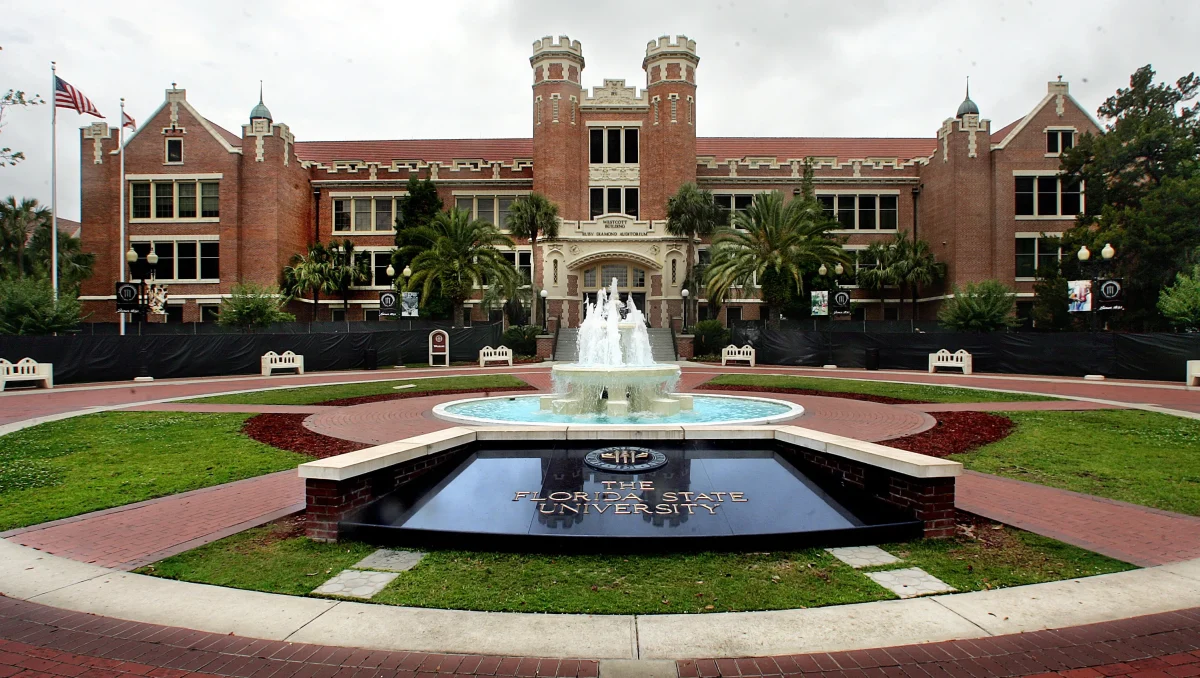July 4, 1776 was the beginning of the rest of the world for many. And the end for others. If you don’t know what day this is, you should. This, in my opinion, is one of the top five most important events in the history of the world. This day was the founding of the most powerful, most free, longest-enduring nation ever: the United States of America. America isn’t perfect. We’ve been through puritanism, the Salem Witch Trials, slavery, gender stratification, internment, depressions, and many other catastrophes. But we live in a catastrophic world and given this, I believe America has done a phenomenal job of pressing on. America endures as a land of justice. A sanctuary for those who still believe in good. And for this, I pledge allegiance.
What is pledging allegiance? Better yet, what is the National Anthem? What does it mean? “The Star Spangled Banner” was adopted as our national anthem in 1931; however, it was written in 1814 by the young poet Francis Scott Key. Key was being held in a British ship as a prisoner. As he was detained, he could observe the British bombardment of Fort McHenry in the Baltimore Harbor during the War of 1812. His experience, written down as a poem, would later be the hymn to this great country, long after his death. So, back to the question on what the anthem means. The account of Key is the account of a young American military being slammed by a much mightier British force. The future looked bleak, as the War of 1812 was not exactly panning out in the Americans’ favor. The young patriot watched from captivity as a firestorm rained down on the troops that fought for his freedom. The British had already been embarrassed by the makeshift American forces; “never again,” they insisted. Key was in the worst position of all. As he was in captivity, safe from the English artillery, he was not able to contribute to his nation’s purpose. He had to watch in mere futility.
Why is Key’s helplessness so important? Well, Key was not a military man. However, he was a patriot in every fiber of his being. This is something that this nation lacks today. This day and age, if you’re a patriot or a nationalist, you’re a “bigot.” Our pitiful media loves to push this on their heavily biased agenda. Today, we are taught to hate our nation. We are supposed to have disdain for this beautiful country. In my opinion, this is a sin. Key was a nationalist. We need more men like him nowadays. As he watched in helpless confinement, one can only imagine the pure anger he held. He loved his nation and it was burning right before his eyes. However, defeat wasn’t as eminent as the young patriot presumed.
As the song goes, “And the rocket’s red glare / The bombs bursting in air / Gave proof through the night…” If you can’t finish this verse you should take a step back and ask yourself, “why?” In my opinion, this verse carries the most weight and meaning. It represents the adversity that this country was built off of. That is what is so great about this nation: adversity is a part of our being. That is when we grow the tallest. We see it throughout history. We saw it when we were outmatched and outmanned in the Revolutionary War, we saw it in the stalemated Civil War just before Gettysburg, we saw it during Reconstruction, we saw it during Jim Crow, we saw it in Pearl Harbor, we saw it on the morning of September 11, 2001. We see it every day. We are a country of challenges. But when another country challenges us, they get the hardest blow of their life. A Japanese admiral put it best after their attack on Pearl Harbor, saying, “I fear we have awakened a sleeping tiger.” Our capability was on display for the world after the 9/11 attacks when President Bush pledged to hunt down who was responsible and terminate them. Ten years later, the man responsible was indeed terminated by none other than the U.S. Navy. A promise made from adversity, but a promise kept.
So what is it that makes this anthem so special? If you haven’t noticed, I spent most of my time stressing American personalities rather than the actual lyrics of the song. That is what I think makes the song what it is. All of the adversity, all of the pain and all of the suffering that this great nation has endured was foreshadowed by the British bombs that rained down on Fort McHenry. The fire and explosions from which Key could see our only sign of hope. By the light of our adversity, everyone was able to see “that our flag was still there.”













